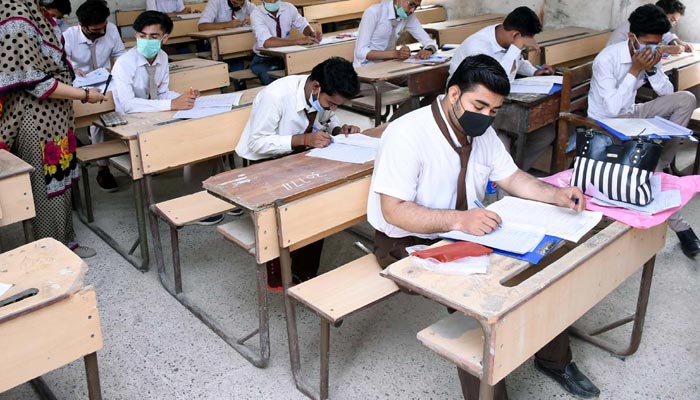“Seeking knowledge is an obligation upon every Muslim.” – Prophet Muhammad (Peace Be Upon Him)
Islam lays a great emphasis on seeking knowledge. The first revelation of the Holy Quran begins with the word “Read”. Prophet Muhammad ﷺ set free the prisoners of the Battle of Badr on the condition that they were to teach 10 Muslims how to read and write, and this teaching was to count as their ransom.
All the rightly guided caliphs of Islam made special arrangements for the education of Muslims during their respective regimes. Education is a key to a progressive nation. The world has witnessed that only those nations succeed who use education as a tool for progress and development.
PTI Government’s Focus on Education
Ever since the PTI government came into power, they are trying to live up to their manifesto of the 2018 Election campaign, especially in terms of education. The standard of education at the National University of Modern Languages (NUML) reflects how much importance Prime Minister Imran Khan accords to education. Prime Minister Khan always emphasizes the importance of education in his speeches.
As in his maiden speech as premier, he said, “His government’s utmost effort would be to improve the provision of education in the public schools.” He frequently mentions the students enrolled in madrassas, and highlights, in his addresses, his will, and policy for mainstreaming them. Chief Minister of Punjab Usman Buzdar and Punjab Education Minister Dr. Murad Raas, following Imran Khan’s vision of education, have formulated policies and taken initiatives to provide quality education to the citizens of Punjab.
Punjab’s Education Policy
In February 2019, Chief Minister Usman Buzdar announced a five-year education policy for Punjab titled, “The New Deal 2018-2023” for transforming school education with an aim to improve — improve learning, access, retention and equity, and overall governance. The Chief Minister, while introducing this policy, said that this policy would end the class system in education and would provide equal opportunities to the students living in distant and backward areas. The main objective of this policy is to enroll the estimated 4.8 million out-of-school children.
To deliver quality education in schools, a number of initiatives have been taken.
Firstly, a Classroom Observation Tool (COT) is being exercised to collect data on 11 teaching practices associated with improved learning outcomes.
Secondly, for the comprehensibility of students, Urdu has been introduced as the language of instruction at the primary level, whereas English will be taught as a language subject.
Thirdly, the Taleem Ghar program has facilitated remote learning for students of Class 1-8 through YouTube and a television channel.
Fourthly, the first-ever transgender school has been opened in Punjab.
Fifthly, Danish Schools which were not accessible to all students earlier, are now been opened for every student.
Sixthly, the establishment of the Insaaf Afternoon School program, an economical initiative, is catering to the high retention of students as well as the lack of school buildings, encouraging more students to attend schools.
Seventhly, the up-gradation of 1227 schools from elementary to higher secondary has been completed. Eighthly, 110 Model Schools, 2000 new classrooms, 1000 Science and IT labs, and 400 libraries have been established under the Punjab School Construction & Rehabilitation Program (PSCRP)


